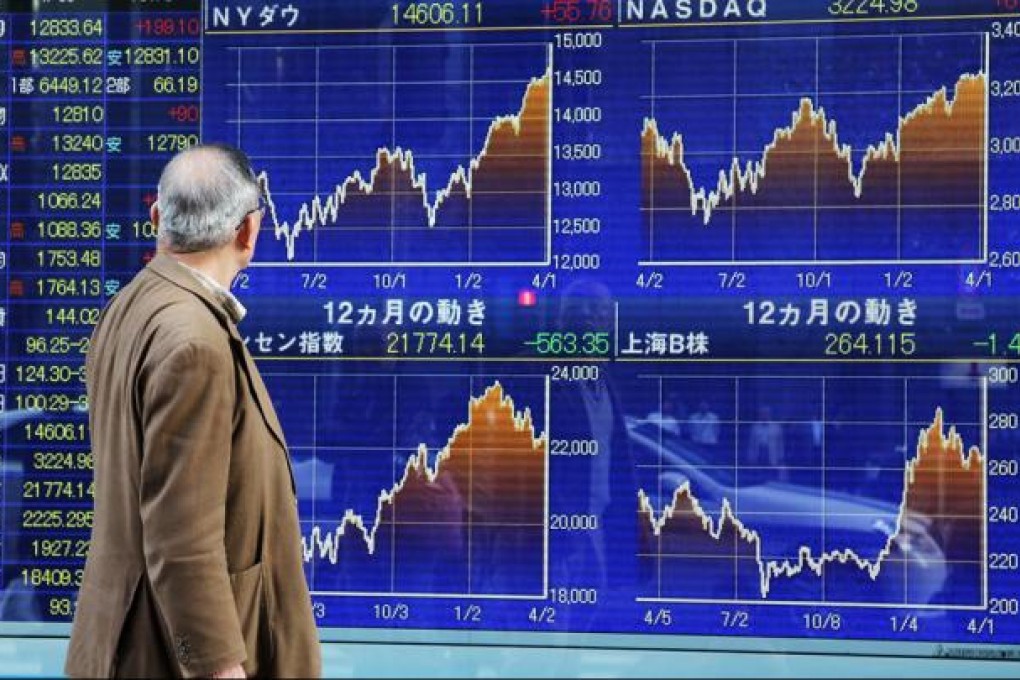Japan stimulus will start currency war, say Chinese economists
Plan to buy bonds will open liquidity floodgates and spells doom for other nations, observers say

Many of China's top economists are livid at what they view as an effective currency devaluation by Japan and are calling on the People's Bank of China to retaliate by weakening the yuan to defend itself in what they see as a new currency war.

Liu said Japan's unprecedented easing programme, aimed at ending more than two decades of deflation, was "a monetary blackmail" targeted at other export-driven Asian countries such as China and that the central bank should sell more yuan and buy the US dollar to push down the yuan.
He also called on authorities to guard against a fresh wave of hot money into China's fragile financial markets, warning that Japan's move would reignite the so-called carry trade, under which investors borrow in low-interest yen and invest in high- interest markets.
"The massive monetary stimulus by the Japanese central bank could spell doom for other nations in the region," said Tsinghua's Li, a former adviser to the People's Bank of China.
"China could accelerate the freeing up of its capital account by boosting outbound investment in overseas equities markets, which could be an effective way of coping with the latest round of the global currency war."
